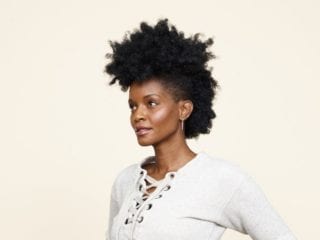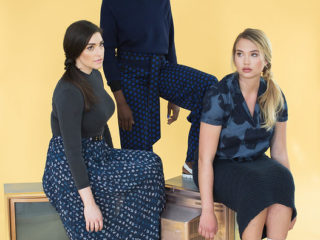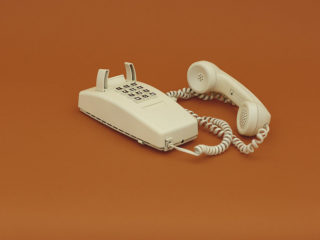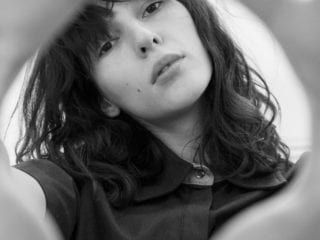I have always been an anxious person, but nothing prepared me for the moment when I found out that I was having seizures.
During that time, anyone who knew me would have likely described me as the happy, ultra-friendly gal who was sometimes a little bit clumsy. You know, the one who always tripped on the pavement, occasionally lost her balance and had a habit of dropping things.
One day, after a single exam, no family medical history of seizures and a great deal of embarrassment, my doctor said, “You are the textbook definition of someone who has Juvenile Myoclonic Epilepsy.” I didn’t know how to respond.
My doctor said, “You are the textbook definition of someone who has Juvenile Myoclonic Epilepsy.”
Epilepsy is a serious neurological condition that can cause several types of seizures. (Yes, there’s more than one type. That surprised me, too.)
Turns out, my episodes of clumsiness were actual symptoms of me having quick seizures while I was awake. Within a few weeks, I was promptly given two medications.
It didn’t take long for my excitement about finally having a solution for my seemingly random, daily shakes to turn into late night crying sessions. I will never forget that deep feeling of sadness I had while lying in my dorm room bed crying about how “I can never reach my dreams because my brain doesn’t work right.” At least, that’s what I kept thinking to myself.
How is it that the very thing that’s supposed to stop your seizures, which also happens to be a well-known medication used to treat anxiety disorders, is actually the source causing you constant anxiety? Ironic, right?
Thoughts on how “damaged” I thought I was constantly arose in different moments: when I was irritated when people would talk to me, when I would immediately go back to my room to cry about how I felt guilty for being mean, when someone knocked on my door just to say “hello” or when I couldn’t convince myself to write because I was too anxious to do one of the few things I unconditionally loved.
Thoughts on how “damaged” I thought I was constantly arose in different moments.
I found that I was constantly judging myself in interactions with others. Of course, I wasn’t trying to be mean, and no one told me I was either. The problem was—I believed it to be true.
This wasn’t the person I knew myself to be. Slowly, I started forgetting who I was. The bright woman with the sunny disposition and a big smile who was always ready to make friends became someone who locked herself in her room, only coming out to use the bathroom or to eat food to take with her medication. I didn’t recognize this person at first, but others did.
Along my journey of re-discovering myself, I learned quite a few things:
First, I never actually forgot who I was. The problem was that I wasn’t doing the activities I loved because I didn’t have energy. I wasn’t someone new. I was stronger—someone who was ready to take on any challenge, even if that challenge was to use all my energy to follow my dreams and do the things I once loved.
I also discovered what it truly means to turn my pain into a purpose. If you had asked me before my experience with epilepsy whether or not I was resilient, I would have responded with a sharp “yes.” This experience did not make me into a resilient person, but, instead, it showed me how to live my life with a resilient mindset.
This experience did not make me into a resilient person, but, instead, it showed me how to live my life with a resilient mindset.
I used to think of resiliency as the ability to work through struggles and make something of myself. Now, I know resiliency is a conscious choice to show up every day and to maintain, even when I’m feeling anxious, broken and confused.
My pain taught me that I didn’t need to learn how to work through struggles. Instead, I needed to learn to trust myself when walking through struggles. I need to have faith that there was another side, one where I could confidently say, without judgment, “I love myself.”
Lastly, I learned the meaning of true surrender. Surrender doesn’t mean that I just accepted that I have an incurable illness and that I would live with its effects the rest of my life. Surrender means loving the woman that I am—one with a bright smile and who now has a name to explain her clumsiness.
Do you or someone you know live with a disorder? What have you learned from yourself or that person about resilience?
Image via Janessa Spina Higgins











